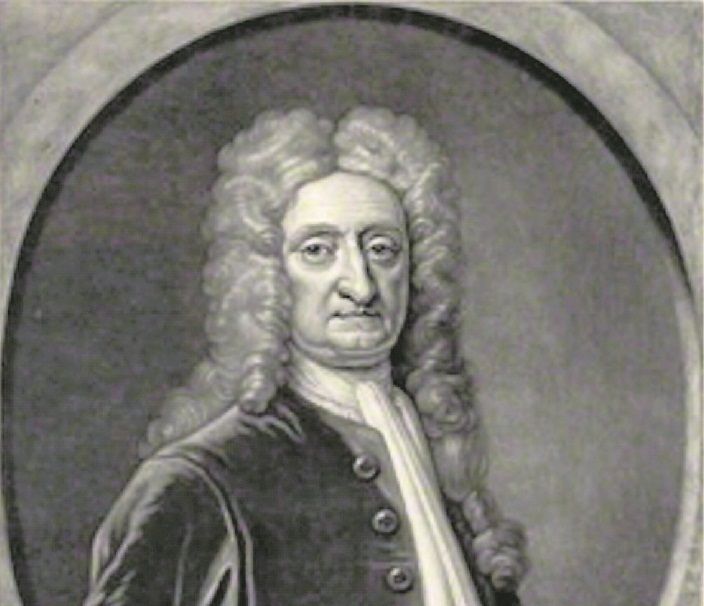In 1692, Robert Molesworth, the then British ambassador to Denmark, delivered one of the most damning ever indictments of this or any country, describing it as a nation burdened by heavy taxation, lacklustre administration, monotonous uniformity, plodding mediocrity and a dearth of dreamers and enthusiasts, who were often addicted to drinking.
The diplomat’s account was then published anonymously in London in 1694 and, though initially banned in Denmark, was a bestseller throughout Europe – four editions were printed in English and one in French during its first year of publication.
“In Denmark there are no seditions, mutinies, or libels against the government, but all people are, or appear to be, lovers of their king, notwithstanding their ill-treatment, and the hardships they groan under,” Molesworth wrote.
“And I suppose one principal reason of this to be the equality of the taxes and the manner of taxing. It is not to be imagined by those that see it not, what a comfort it is to the sufferers to be ill-used alike.”
Molesworth questioned whether the Danes really valued their freedoms. “The ancient love of liberty seems to be quite extinct in the north, and in its place to have succeeded the conveniences of a dull obedience,” he noted. “A miserable life, which jogs on at the same heavy rate, has a mixture of melancholy ease with it.”
So blissfully average
But despite the melancholia, Molesworth detected no madness, and instead just one collective monotone.
“I never knew any country where the minds of the people were more of one calibre and pitch than here; you shall meet with none of extraordinary parts or qualifications, or excellent in particular studies and trades; you see no enthusiasts, madmen, natural fools, or fanciful fools, but a certain equality of understanding reigns among them: everyone keeps the ordinary beaten road of sense, which in this country is neither the fairest nor the foulest, without deviating to the right or left; yet I will add this one remark to their praise, that the common people do generally write and read … there is a great unity in belief … there are no factions nor disputes about religion; all are of one mind as to the duty they owe their sovereign.”
While he conceded that Denmark had produced some very learned men such as the astronomer Tycho Brahe, he contended that learning was at a low ebb: “There is but one university, which is at Copenhagen, and that means enough in all respects.”
Like many modern day foreigners, Molesworth had trouble with the Danish language and the food. “The language is very ungrateful and not unlike the Irish in its whining complaining tone,” he complained.
In regards to the cuisine, although Molesworth thought the bacon and butter was excellent, he found the sea fish scarce and Danish cheese bland. “In general, their way of cookery would hardly be pleasing to an English man,’ he said. The Danes are “much addicted to drinking”, he noted, listing Rhenish and French wines and cherry brandy as the favourite tipple of “persons of condition”, while “the poor people indulge themselves in bad beer.”
Some hot praise
On a more positive note, the Danish legal system is accorded praise. “To speak of the Danish laws, I must needs begin with this good character of them in general: that for justice, brevity and perspicuity, they exceed all that I know in the world … good laws enable them to bear their other hardships with more ease and patience,” he wrote.
And Molesworth was impressed by Danish insulation as well: “Their warm stoves, with the plenty and pureness of their firing (which is beechwood) contributes to their freedom from maladies … the feather beds are better, and in greater plenty, than in any place I ever saw; and which are made use of, not only to lie upon, but also to cover with instead of blankets.”
Molesworth’s observations derive from a three-year stint as British ambassador to Denmark from 1689-1692. Back in London, Molesworth became a member of parliament. Legal proceedings against him for his negative attitude to Denmark, which were instigated by the Danish ambassador to Britain, came to nothing.
A Danish translation of the book did not appear until 1977.















